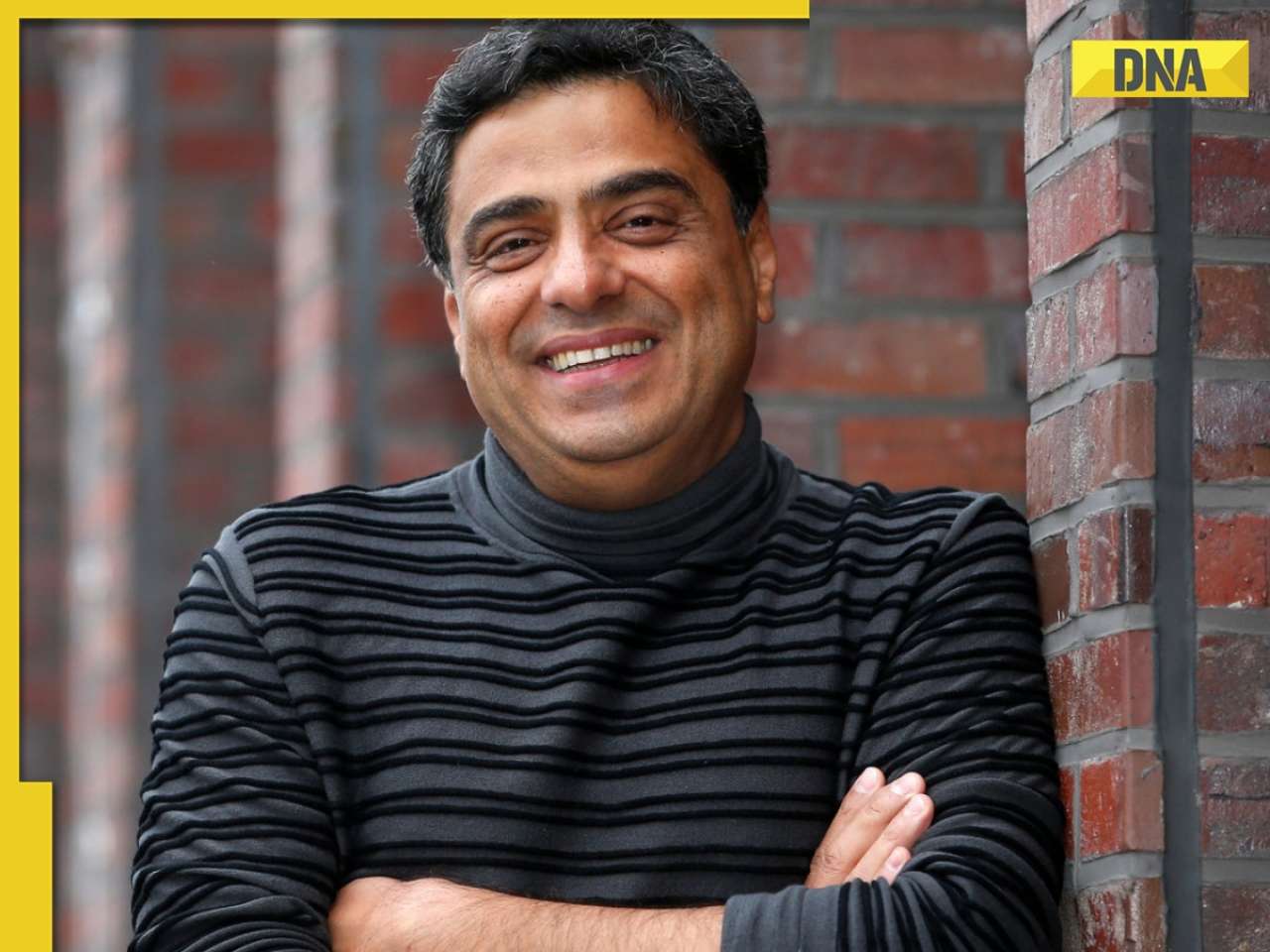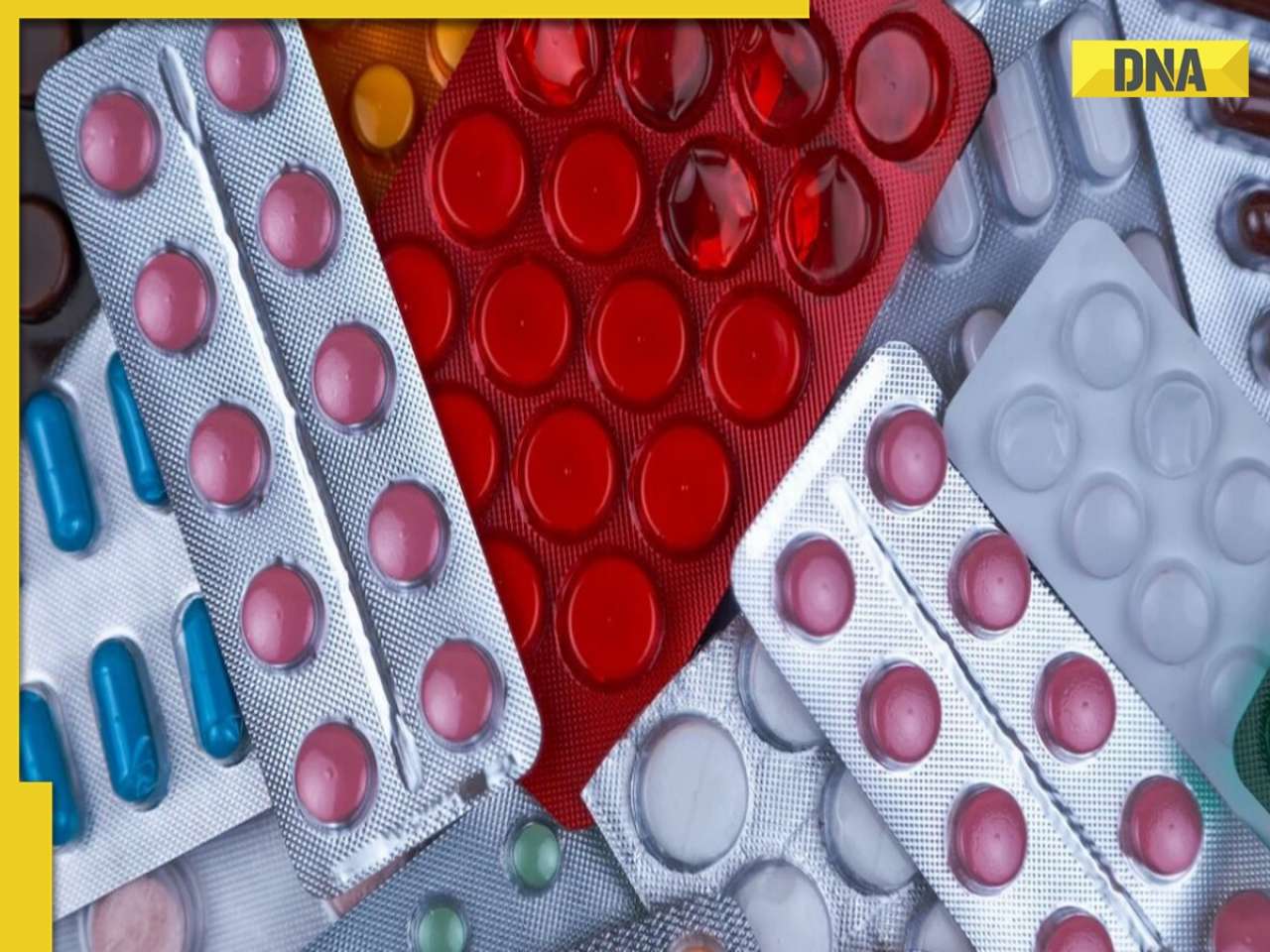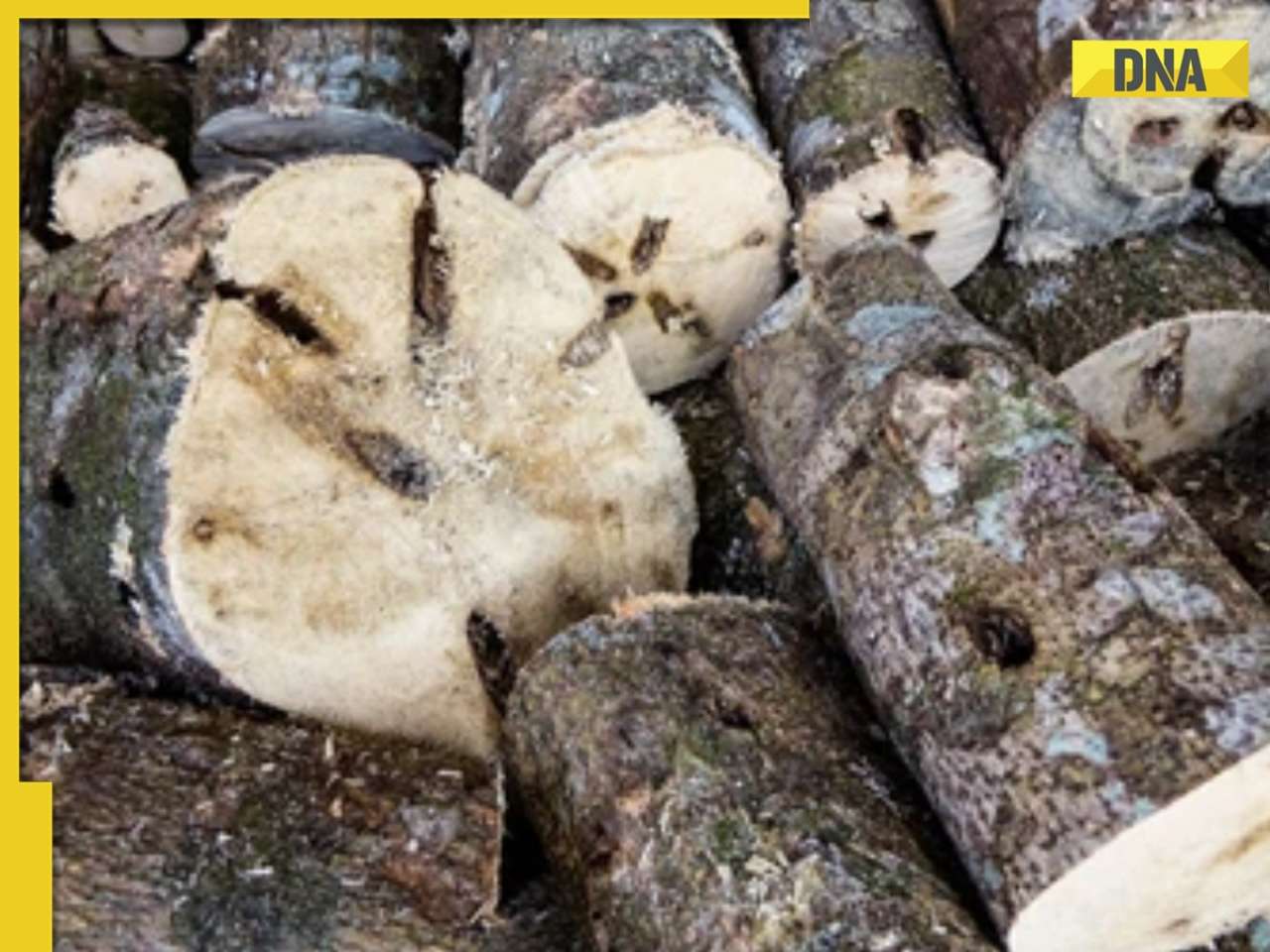Can a simple injection make criminals confess their crimes? The reality is more complicated than we think.
In recent years, we have often heard about "narco analysis" in high-profile criminal cases. Police and investigating agencies sometimes use this technique when suspects refuse to cooperate. But does this method reveal the truth, or can clever criminals still fool the system?
What is Narco Analysis?
Narco analysis, also called "truth serum test," involves injecting a person with sodium pentothal or similar drugs. These medicines slow down the brain's activity and make a person drowsy and less guarded. The idea is simple - when someone's defenses are down, they will speak the truth without thinking of lies.
During the procedure, investigators ask questions while the person is in this semi-conscious state. The entire session is recorded. Supporters believe that in this condition, it becomes very difficult for suspects to create false stories or hide facts.
The Promise vs Reality
The Promise: Narco analysis seems like a magic solution to solve complex crimes. If someone has committed murder, theft, or corruption, just give them an injection and they will confess everything. No need for long investigations or gathering evidence piece by piece.
The Reality: Medical experts and legal professionals have serious doubts about this technique. Here's why:
First, people under the influence of these drugs can still lie. A trained criminal or someone with strong willpower may continue to give false information even in a drugged state. The drugs don't create a "truth zone" - they simply make people more talkative and less careful.
Second, the person may say things that are not based on real memories. Under the influence of drugs, people sometimes mix up dreams, fears, and imagination with actual events. They might "confess" to crimes they never committed or give details that sound convincing but are completely false.
Third, some individuals may be more resistant to these drugs due to their body type, previous drug use, or mental condition. This means the technique doesn't work equally on everyone.
Can Criminals Beat the System?
The answer is yes, in several ways:
**Mental Preparation:** A determined criminal can prepare mentally before the test. They can practice their false story so many times that even under drugs, they stick to the lie.
Physical Resistance: Some people naturally need higher doses of such drugs to be affected. Others may have medical conditions that make the drugs less effective.
Partial Truth Strategy: Smart criminals might mix truth with lies. They may admit to small, less serious things while hiding the major crimes. This makes their statements sound believable.
Professional Training: Organized criminals or those with intelligence backgrounds may have training to resist such techniques.
Legal and Ethical Concerns
Indian courts have been careful about narco analysis. In 2010, the Supreme Court ruled that no person can be forced to undergo this test against their will. The court said it violates the right against self-incrimination - basically, the right to remain silent.
Even if someone agrees to the test, the results cannot be used as direct evidence in court. They can only be used to gather more clues or evidence. This is because the reliability of statements made under drug influence is questionable.
The Bottom Line
Narco analysis is not the foolproof truth-detector that movies and TV shows make it appear to be. While it may sometimes help in investigations, it's not a substitute for proper detective work, evidence collection, and legal procedures.
Criminals can and do beat this system through various means. More importantly, innocent people might say things under drug influence that could wrongly implicate them in crimes they never committed.
The real truth is this: There are no shortcuts in the pursuit of justice. Good old-fashioned investigation - gathering evidence, interviewing witnesses, analyzing facts - remains the most reliable way to solve crimes and ensure that justice is served.
As citizens, we should be wary of any technique that claims to have all the answers. Justice is best served through careful, methodical investigation that respects both the rights of suspects and the need to find the truth.
(The author believes that while technology can assist in criminal investigations, it should never replace the fundamental principles of justice and human rights that form the foundation of our legal system.)
(The author of this article is a Defence, Aerospace & Political Analyst based in Bengaluru. He is also Director of ADD Engineering Components, India, Pvt. Ltd, a subsidiary of ADD Engineering GmbH, Germany. You can reach him at: girishlinganna@gmail.com)
(Disclaimer: The views expressed above are the author's own and do not reflect those of DNA)
 SSC acts on student grievances during examinations, promises to act quickly
SSC acts on student grievances during examinations, promises to act quickly Sachin Tendulkar's daughter Sara Tendulkar gets new role, appointed as Rs 1140 crore...
Sachin Tendulkar's daughter Sara Tendulkar gets new role, appointed as Rs 1140 crore... India's first Vande Bharat sleeper train to be launched in...; top speed will be...; check details
India's first Vande Bharat sleeper train to be launched in...; top speed will be...; check details India's richest producer once sold toothbrushes, installed cable TVs, is worth Rs 13000 crore, has now won 5 National Awards
India's richest producer once sold toothbrushes, installed cable TVs, is worth Rs 13000 crore, has now won 5 National Awards IND vs ENG: India register narrowest win ever in Tests to level 5-match series against England
IND vs ENG: India register narrowest win ever in Tests to level 5-match series against England Eye Infection during monsoon: How to prevent them naturally?
Eye Infection during monsoon: How to prevent them naturally? 7 hidden triggers behind lung cancer in non-smokers across India
7 hidden triggers behind lung cancer in non-smokers across India 7 unique images of cosmology captured by NASA's Hubble Space Telescope
7 unique images of cosmology captured by NASA's Hubble Space Telescope 7 breathtaking images of Milky Way captured by NASA
7 breathtaking images of Milky Way captured by NASA Jeera water vs Saunf water: Which morning drink works better for you?
Jeera water vs Saunf water: Which morning drink works better for you? Exclusive: Jyoti Malhotra on Volvo XC60, New Launches & Volvo’s India Strategy | Volvo Car India MD
Exclusive: Jyoti Malhotra on Volvo XC60, New Launches & Volvo’s India Strategy | Volvo Car India MD Exclusive Interview: Rajeev Kapur on Steelbird’s New Helmets & Global Strategy!
Exclusive Interview: Rajeev Kapur on Steelbird’s New Helmets & Global Strategy! Futuristic Education: AI or Natural Intelligence, What's in focus? | Rajiv Tandon, BITS Pilani Digital
Futuristic Education: AI or Natural Intelligence, What's in focus? | Rajiv Tandon, BITS Pilani Digital Tata Harrier EV Review | Most Advanced Electric SUV from Tata?
Tata Harrier EV Review | Most Advanced Electric SUV from Tata? Vida VX2 Plus Electric Scooter Review: Range, Power & Real-World Ride Tested!
Vida VX2 Plus Electric Scooter Review: Range, Power & Real-World Ride Tested! Elon Musk-owned EV giant Tesla launches charging stations in THIS city, Know how much it will cost
Elon Musk-owned EV giant Tesla launches charging stations in THIS city, Know how much it will cost TCS layoffs signal Indian IT restructuring: How US uncertainty, AI disruption affect employees
TCS layoffs signal Indian IT restructuring: How US uncertainty, AI disruption affect employees Godfather of AI issues CHILLING warning about chatbots: 'It gets more...'
Godfather of AI issues CHILLING warning about chatbots: 'It gets more...' Elon Musk's Tesla rival VinFast opens largest India showroom in THIS city, plans expansion to...
Elon Musk's Tesla rival VinFast opens largest India showroom in THIS city, plans expansion to... Meet man who rejected Rs 1.5 billion job offer from Mark Zuckerberg, now his startup is valued at..., check his viral LinkedIn story
Meet man who rejected Rs 1.5 billion job offer from Mark Zuckerberg, now his startup is valued at..., check his viral LinkedIn story  5 must-watch fashion films that styled our childhood dreams
5 must-watch fashion films that styled our childhood dreams 7 Indian biopics that brought political leaders to life
7 Indian biopics that brought political leaders to life Before Ranveer Singh’s Dhurandhar hits screens, take a look at actor’s 5 iconic roles that prove his versatility
Before Ranveer Singh’s Dhurandhar hits screens, take a look at actor’s 5 iconic roles that prove his versatility Amitabh Bachchan, Shah Rukh Khan, Ajay Devgn and more Bollywood actors who are proud owners of luxurious private jets
Amitabh Bachchan, Shah Rukh Khan, Ajay Devgn and more Bollywood actors who are proud owners of luxurious private jets Tamannaah Bhatia's 'gross but works' acne hack under dermatologist scanner, should you try it?
Tamannaah Bhatia's 'gross but works' acne hack under dermatologist scanner, should you try it? India's first Vande Bharat sleeper train to be launched in...; top speed will be...; check details
India's first Vande Bharat sleeper train to be launched in...; top speed will be...; check details This is India's most profitable expressway, took 22 years to build, earns Rs 163 crore annually, passes through these districts
This is India's most profitable expressway, took 22 years to build, earns Rs 163 crore annually, passes through these districts Will India remain defiant to Donald Trump's pressure on Russian oil? Has PM Modi emphasised 'swadeshi' to snub US?
Will India remain defiant to Donald Trump's pressure on Russian oil? Has PM Modi emphasised 'swadeshi' to snub US? Good news for Ghaziabad, Greater Noida Commuters: New flyover to ease Shahberi bottleneck, details here
Good news for Ghaziabad, Greater Noida Commuters: New flyover to ease Shahberi bottleneck, details here Ekadashi 2025: When to observe vrat in August? Know dates, shubh muhurat to seek divine blessings
Ekadashi 2025: When to observe vrat in August? Know dates, shubh muhurat to seek divine blessings Meet woman who lost her father, studied at Oxford, later cracked UPSC in first attempt to become IPS officer, she’s from...
Meet woman who lost her father, studied at Oxford, later cracked UPSC in first attempt to become IPS officer, she’s from... Meet man, who could not become IPS officer, later trained over 10000 underprivileged students for just Rs... to become IAS-IPS officers, he is...
Meet man, who could not become IPS officer, later trained over 10000 underprivileged students for just Rs... to become IAS-IPS officers, he is... BIG relief for patients as government cuts prices of 35 essential medicines, details here
BIG relief for patients as government cuts prices of 35 essential medicines, details here Meet woman who cracked UPSC exam four times, got AIR 31 but did not become IAS, IPS officer due to…, currently working as…
Meet woman who cracked UPSC exam four times, got AIR 31 but did not become IAS, IPS officer due to…, currently working as… Meet woman, an SRCC-graduate, one of the youngest female IAS officers who cracked UPSC at 21, she is...
Meet woman, an SRCC-graduate, one of the youngest female IAS officers who cracked UPSC at 21, she is... This is world’s longest car, has helipad, golf course, swimming pool; with over 75 seats, owned by THIS billionaire, not owned by Elon Musk, Mark Zuckerberg, Mukesh Ambani, Gautam Adani
This is world’s longest car, has helipad, golf course, swimming pool; with over 75 seats, owned by THIS billionaire, not owned by Elon Musk, Mark Zuckerberg, Mukesh Ambani, Gautam Adani Maruti Suzuki's e Vitara set to debut electric market at Rs..., with range of over 500 km, to launch on...
Maruti Suzuki's e Vitara set to debut electric market at Rs..., with range of over 500 km, to launch on... This is world’s most expensive wood, cost of 1kg wood is more than gold, its name is..., is found in...
This is world’s most expensive wood, cost of 1kg wood is more than gold, its name is..., is found in... This luxury car is first choice of Indians, even left BMW, Jaguar, Audi behind in sales, it is...
This luxury car is first choice of Indians, even left BMW, Jaguar, Audi behind in sales, it is... Kia India unveils Carens Clavis: Check features, design changes, price and more; bookings open on...
Kia India unveils Carens Clavis: Check features, design changes, price and more; bookings open on...





)
)
)
)
)
)
)
)
)
)
)
)
)
)
)
)











